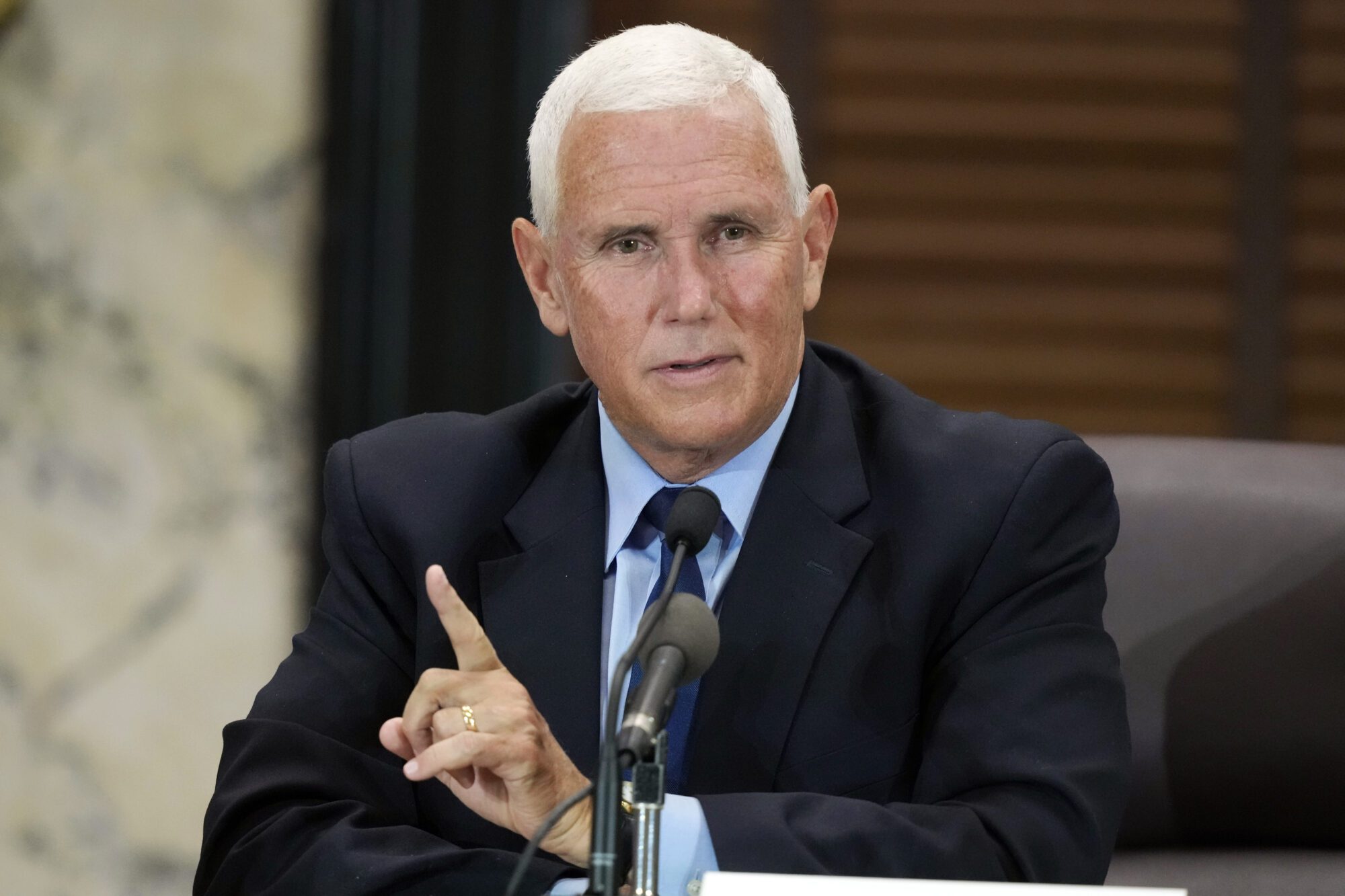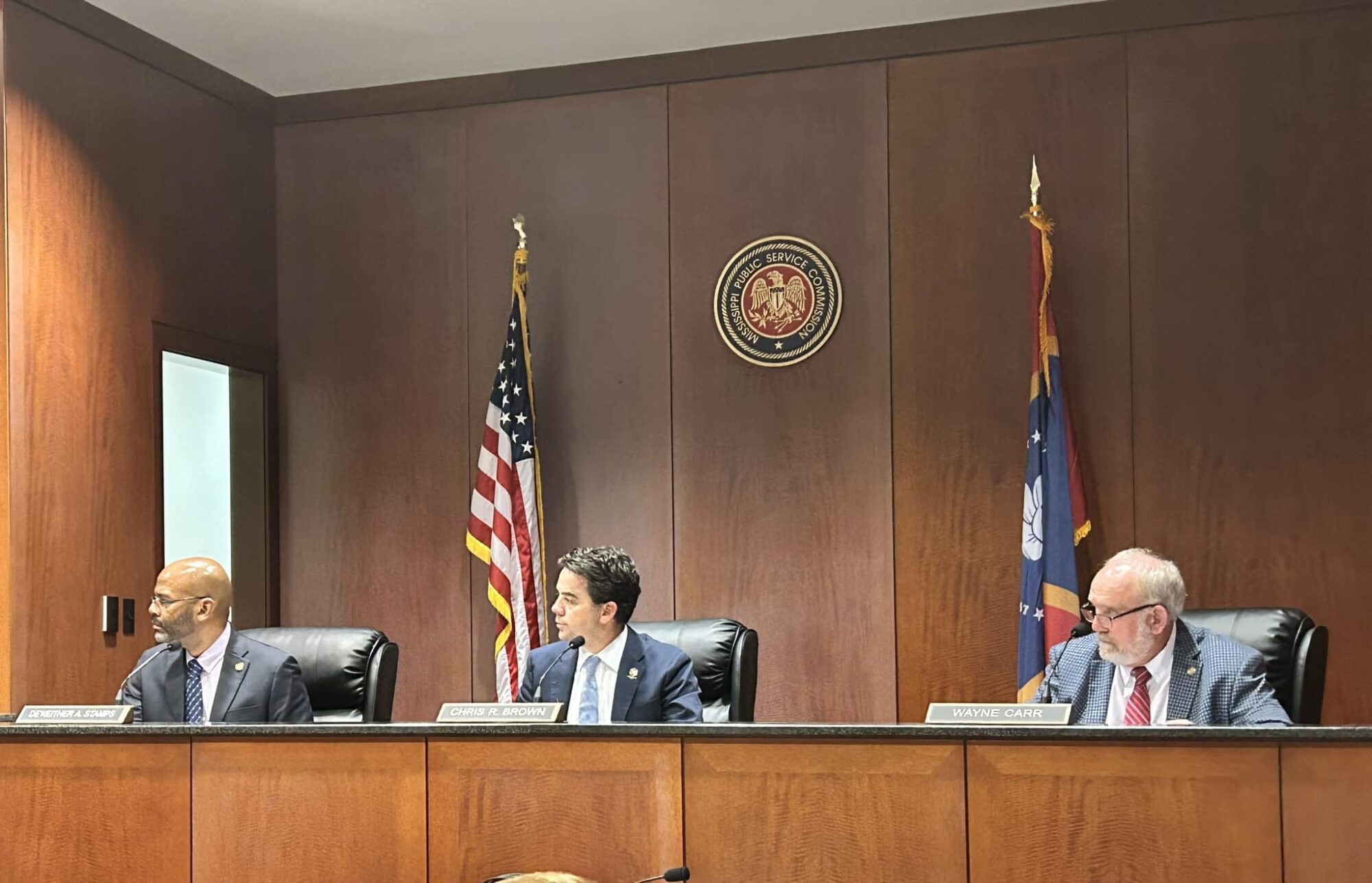
Jonathan Bain
If the expansion peddlers get their way, over the course of a few years, nearly half of Mississippi would be enrolled in Medicaid. Is that progress? Half of our state population on welfare is progress?
In this series, I’m seeking to go beyond the basics of Medicaid expansion—meaning the goal is to wade past the waters of talking points and do a deep dive into what expansion truly is, and what that means for our state. My last column was released shortly after the Neshoba County fair. This one after the primary elections. November is coming quickly, so we have no time to waste.
If you didn’t read my last column, it was a high-level summary of what Medicaid expansion is, for whom it was designed, and how it differs from traditional Medicaid. Today, the focus will be on a problem Medicaid expansion is notorious for: over-enrollment.
Earlier this year, Medicaid enrollment surpassed 100 million nationwide—shattering previous record-high enrollment figures along the way. To put this into perspective, total nationwide Medicaid enrollment was only 35 million in 2000. Fast forward to 2015, the year after ObamaCare expansion went live, and enrollment sat at 70 million.
But how did enrollment grow so rapidly? I’m glad you asked. The answer, for the most part, is simple: Medicaid expansion.
Before a state expands, we typically see an array of estimates put forth by so-called “experts” that attempt to map out what enrollment will look like in the aftermath of expansion. For example, if you look at a tally of initial state estimates, the “experts” predicted that around 6.5 million able-bodied adults would ever be enrolled in the program—not initial enrollment, total enrollment, for the lifetime of the expansion program nationwide. The Kaiser Family Foundation (KFF) offered a slightly more accurate figure, estimating that a maximum of 8.6 million able-bodied adults would be enrolled by 2022.
However, these predictions drastically missed the mark as expansion enrollment was 21 million earlier this year—more than triple the enrollment that states predicted. To reiterate, these aren’t your standard truly needy Medicaid recipients. These are able-bodied adults who were made eligible for Medicaid through ObamaCare, and their only eligibility criteria is having a low income.
Throughout the campaign season, you’ve likely seen ads that claim an additional 200,000 Mississippians would be covered by Medicaid if our state expanded. Indeed, KFF estimates that 231,000 able-bodied adults would be covered by Medicaid if Mississippi were to implement expansion. But can these estimates be trusted? Absolutely not.
While these estimates are used by the “experts” to predict maximum enrollment, they should really be viewed as bare minimum enrollment predictions. In Mississippi, it would be no different. Based on the experience of other states, Mississippi could expect to enroll at least 491,000 able-bodied adults if expansion is approved—more than double the “expert” predictions.
Again, this is an updated enrollment estimate based on the real enrollment experience of other expansion states. You won’t see candidates boasting that nearly half a million new Mississippians would be enrolled in welfare plastered on any campaign ads or signs—but you also don’t see these candidates offering the truth of how incorrectly the “experts” predicted actual enrollment, either. Of course, these are all just numbers that honestly don’t resonate with us until we look at them in a different light.
According to the Census Bureau, Mississippi has a population of about three million folks. As I type this, the Mississippi Division of Medicaid says that nearly 835,000 of those Mississippians were enrolled in Medicaid in July—that’s nearly one-third of our total state population that’s already on Medicaid. Now, let’s add in the expansion estimates—the real estimates, not the low-ball predictions of the “experts.” 835,000 Medicaid enrollees + 491,000 new able-bodied adults = 1,326,000 total Medicaid enrollees—nearly half of our state population.
You read that correctly. If the expansion peddlers get their way, over the course of a few years, nearly half of Mississippi would be enrolled in Medicaid. Think about it this way: For every two folks you’d see at Walmart, it would be a safe bet to assume one of them is on Medicaid. I keep hearing that Mississippi would see progress if we expanded Medicaid, but I ask you, is that progress? Half of our state population on welfare is progress?
For me, the answer is a resounding no. Former President Ronald Reagan said it best: “The best social program is a job.” In Mississippi, we have 86,000 open jobs according to the Bureau of Labor Statistics. What Mississippi needs now, more than ever, is for people to fill those jobs, to help stimulate the economy, to grow our workforce, and to make a difference in the lives of their families. The last thing our state needs is expanding a welfare program that would encompass nearly half of our state population.








